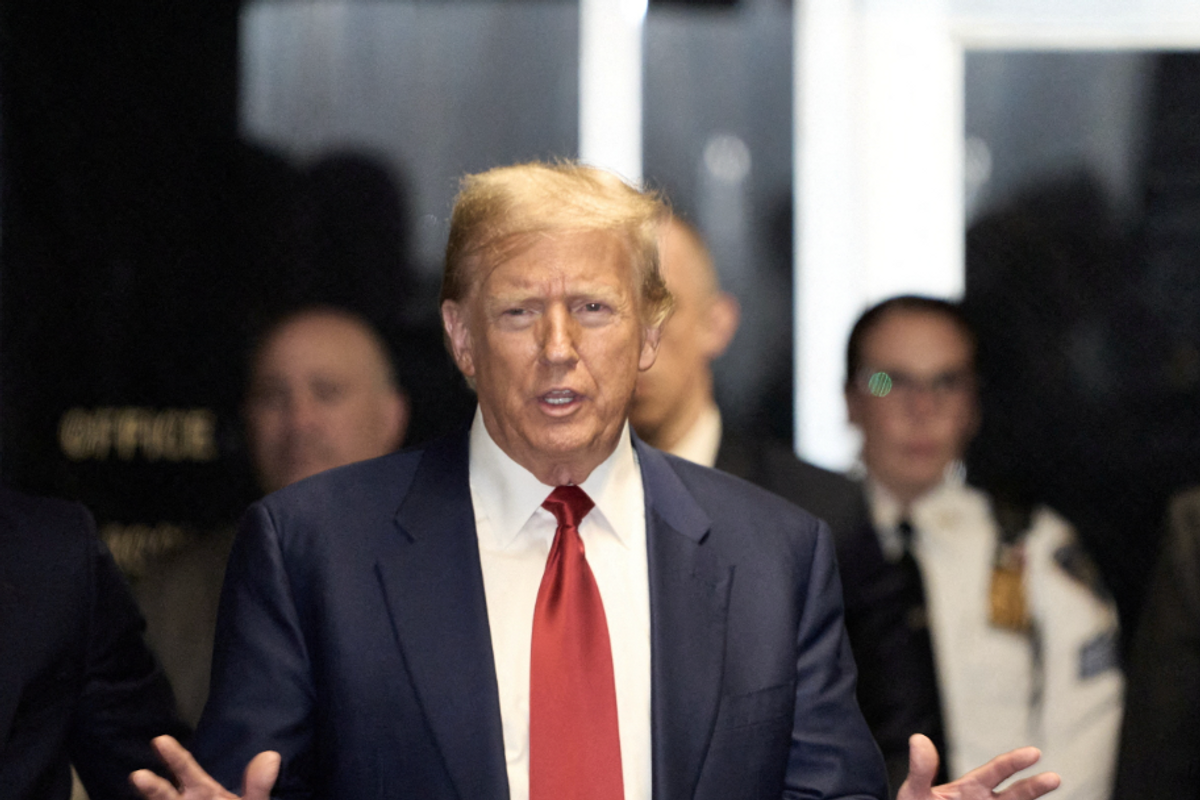It’s clear that something needs to be done about jobs in the United States, but effective change requires that people understand the roots of the unemployment crisis. Democrats, Republicans, economists, and pundits have all offered their own theories about the causes of the jobs problem, and they have subsequently proposed different solutions; however, some of these ideas seem to be based more in political ideology than in reality.
Many Republicans are holding on to their core belief that businesses are reluctant to expand because of more regulations and higher taxes. Presidential hopefuls have echoed this claim: Rick Perry has directly criticized the Obama Administration for hurting jobs through enforcing too many environmental regulations, and Mitt Romney’s jobs plan “seeks to reduce taxes, spending, regulation, and government programs.”
This argument, despite being repeated regularly by conservatives, lacks evidence. A recent study by Lawrence Mishel of the Economic Policy Institute solidly debunked the myth that uncertainty about regulations is a main obstacle to businesses expansion. He writes,
An examination of current economic trends, and especially what employers are doing in terms of hiring and investment, debunks this story about regulatory uncertainty as the cause of our dismal job growth. An examination of what employers and their economists are saying again and again in private surveys… makes it clear that what businesses actually identify as their primary set of challenges does not fit this story either. In other words, what the heavily politicized trade associations in Washington are saying does not correspond to the real challenges facing both large and small businesses, even as they themselves perceive them.
So if the dominant conservative economic diagnosis is wrong, what is causing the jobs crisis? According to economist Paul Krugman, the issue is more about consumer spending and less about government regulations. Such periods of unemployment are normal following recessions. Business leaders are still complaining about taxes and regulations — as they usually do — even though poor sales numbers are actually a greater concern at the moment. Krugman wrote in The New York Times,
After all, why should businesses expand when they’re not using the capacity they already have? The bursting of the housing bubble and the overhang of household debt have left consumer spending depressed and many businesses with more capacity than they need and no reason to add more. Business investment always responds strongly to the state of the economy, and given how weak our economy remains you shouldn’t be surprised if investment remains low. If anything, business spending has been stronger than one might have predicted given slow growth and high unemployment.
As Krugman writes, one should hardly be surprised that the Republican Party is ignoring evidence in the jobs debate: “Partly, no doubt, this reflects the party’s broader slide into its own insular intellectual universe. Large segments of the G.O.P. reject climate science and even the theory of evolution, so why expect evidence to matter for the party’s economic views?”


